

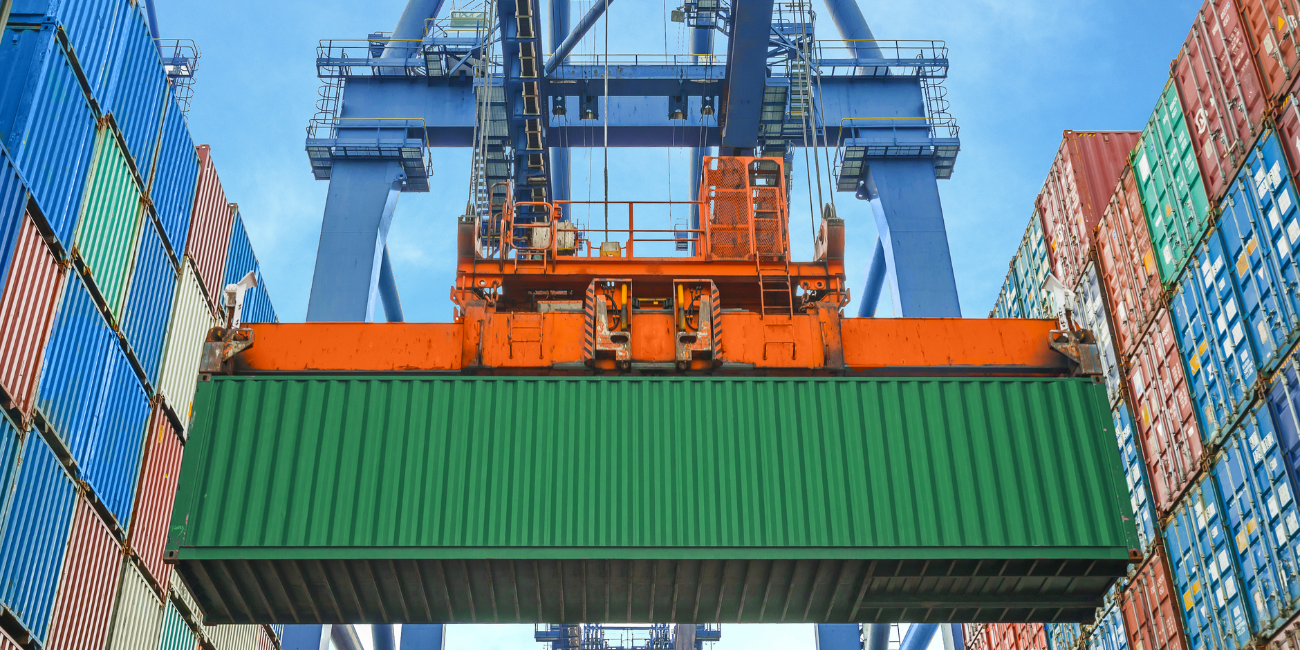
In a world where goods travel across continents at lightning speed, container shipping acts as the veins through which the global economy pulses. As the sun rises over the world’s largest ports, a fleet of colossal ships is already hard at work, carrying containers filled with everything from electronics to fresh produce. This intricate ballet is more than just the movement of goods—it’s a sophisticated network of innovations, trends, and challenges shaping the future of international trade.
Container shipping isn't just about steel boxes on ships; it's a symphony of logistics, technology, and global trade winds. Here's what's hot in the shipping world:
Now, let's talk about the cool stuff – the innovations! Here's what's revolutionizing container shipping:
With our crystal ball in hand (well, not really, but you get the idea), let's explore the future of container shipping:
Autonomous ships are vessels that can operate without a human crew on board. They use advanced technologies such as AI, machine learning, and sophisticated sensors to navigate, avoid obstacles, and optimize routes. These ships promise safer and more efficient journeys, reducing the risk of human error.
Smart containers are equipped with sensors and connectivity technologies, allowing for real-time monitoring of cargo conditions such as location, temperature, and humidity. This precise tracking ensures the safety and integrity of the cargo, making them particularly valuable for sensitive shipments like pharmaceuticals or perishable goods.
The shipping industry is exploring various alternative fuels to reduce its carbon footprint. Options include liquefied natural gas (LNG), biofuels, and even renewable energy sources such as wind power with modern sails. These fuels aim to decrease emissions and make shipping more eco-friendly.
Autonomous ships are still in the development phase, but they offer many advantages such as reduced operating costs and increased safety. They can operate for longer periods without rest, and their precise navigation systems minimize the risk of accidents. While traditional vessels are still necessary, autonomous ships are expected to play a growing role in the future.
Hyper-connectivity integrates all aspects of the shipping industry, from containers to ports, through advanced data-sharing technologies. This seamless flow of information enables smoother operations, better supply chain management, and real-time tracking of shipments. It leads to improved efficiency and transparency across the industry.
The shipping industry is collaborating with technology companies, governments, and international organizations to achieve sustainability goals. This includes developing regulations to limit emissions, investing in research for clean energy sources, and sharing best practices to reduce the industry's environmental impact. These partnerships are vital for creating a more sustainable and resilient shipping future.
We've just taken a whirlwind tour through "Container Shipping: Trends, Innovations, and Future Outlook." From eco-friendly practices to cutting-edge technology, the world of container shipping is navigating exciting waters. Looking ahead, the industry is poised to transform in ways we can only imagine, ensuring the global economy remains buoyant and connected.
So, the next time you receive a package from afar, take a moment to appreciate the colossal, yet often unseen, force of container shipping that made it all possible. With transformative changes on the horizon, the industry is set to make a significant impact on the way we connect and conduct trade worldwide. Bon voyage!

Your Global Trade Navigator, Delivering End-to-End Excellence and Unlocking New Opportunities in Every Link of Your Supply Chain.
Get In Touch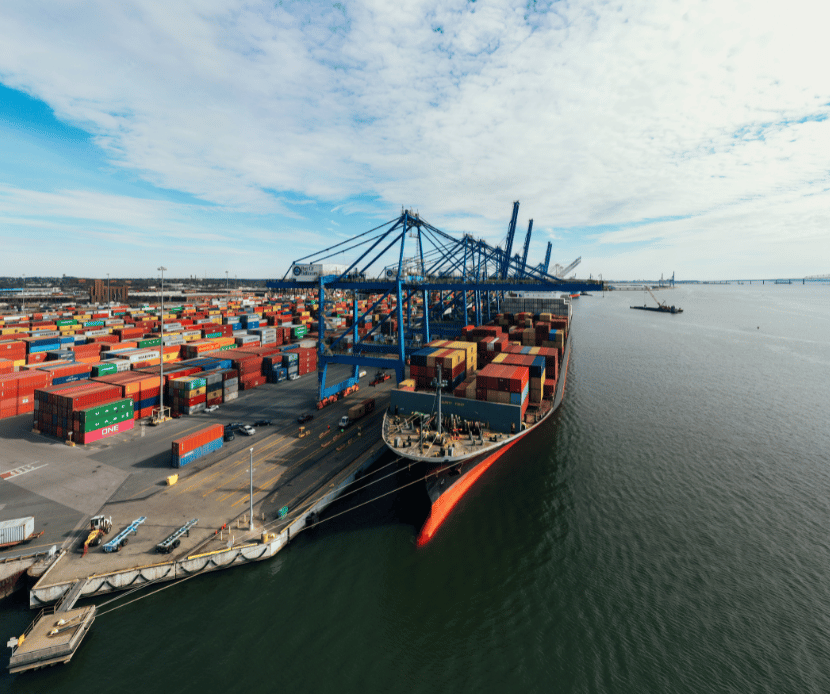
Discover the nuances of Full Container Load (FCL) Shipping in our comprehensive guide.
Learn More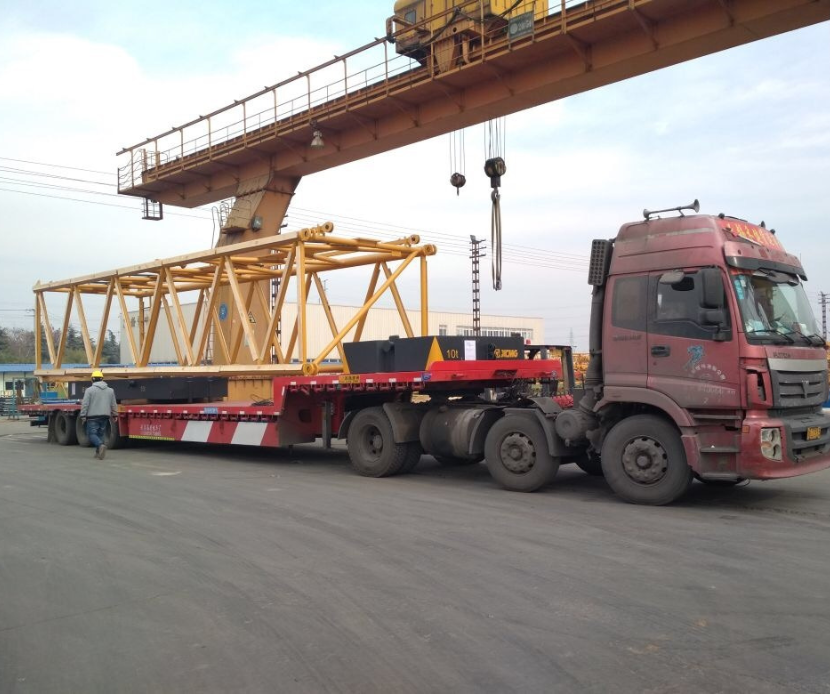
SJA Group: Expertise in transporting high-value, oversized cargo globally.
Learn More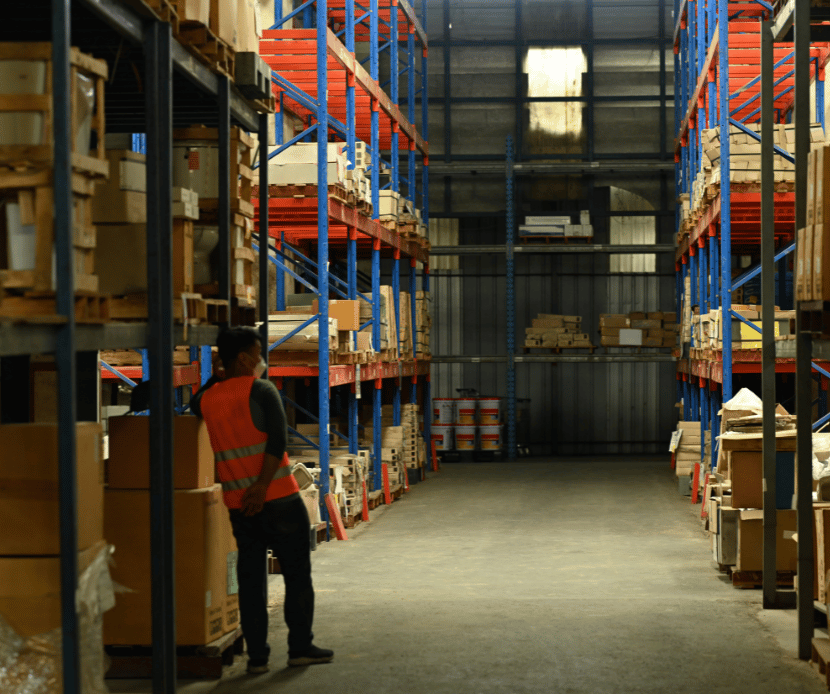
Global Storage Innovations: Strategic, efficient, custom warehousing solutions.
Learn More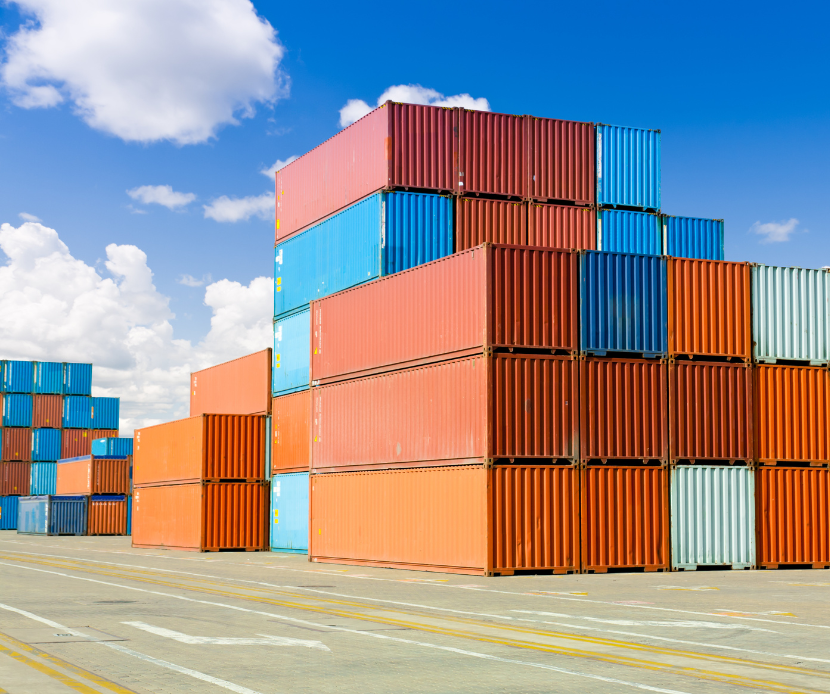
The Essential Guide to NVOCC: Pioneering Modern Logistics
Learn More
Inland Transportation: The Backbone of Domestic Logistics
Learn More
Door Delivery: Revolutionizing Convenience in Logistics
Learn More
Pioneering seamless customs clearance: precise, efficient, expert-led solutions.
Learn More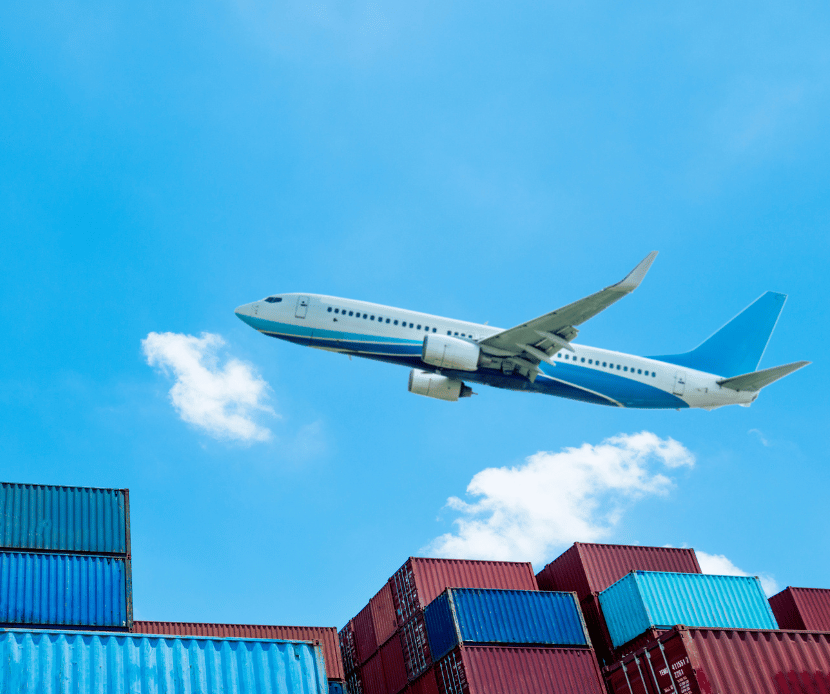
Explore the unmatched speed and reliability of air freight services.
Learn More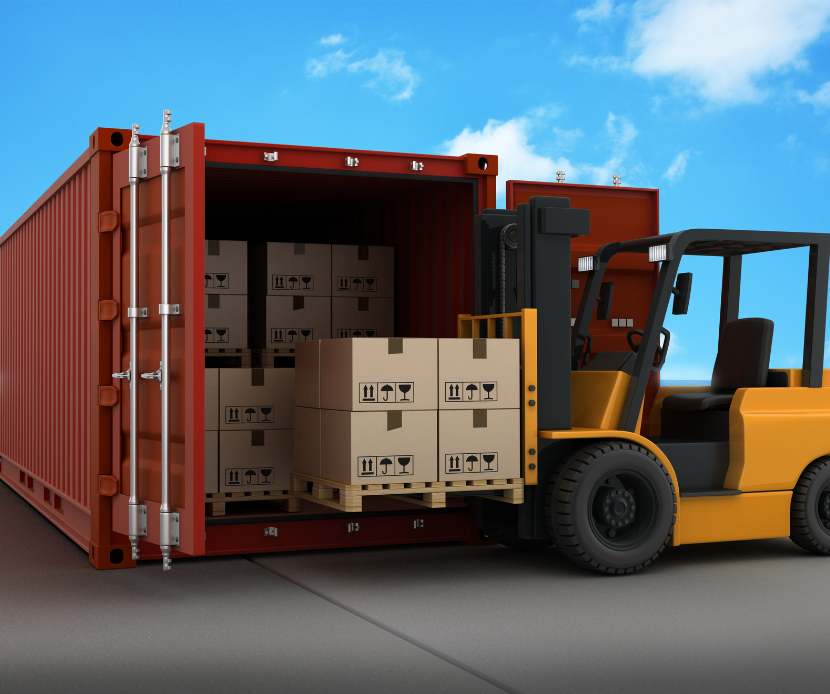
Master LCL shipping: flexibility, cost-effectiveness, and strategy for SMEs.
Learn More